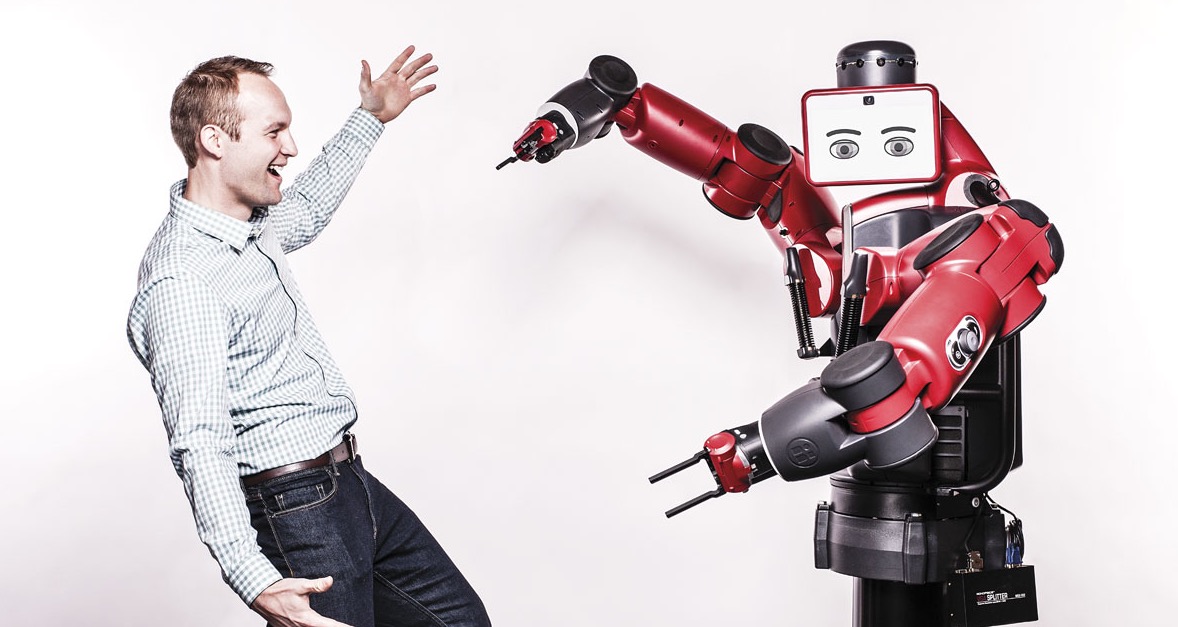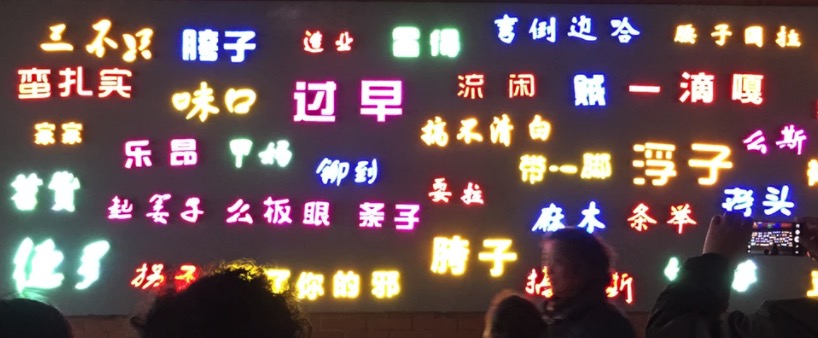Globally it seems like isolationist policies creeping into the western world. I thought it would be worth exploring something most people tend to forget. Any government is only all powerful as long as the system it operates under is stable, and the people allow it to continue to control its market.
A Government is just like a business. It has services, it sells products, it own facilities, it builds infrastructure, manufacturers things, it has employees and managers and an executive team and even a quasi CEO. And of course it has revenue sources, mostly taxes, but some revenue from its non loss leading ventures. It also has customers (the tax payers) who, like all customers like to reduce the cost of dealing with the ‘business of Government’. They will minimise their tax, and avoid non-essential expenditure. And just like all customers they expect a lot in the modern age. While the government is a monopoly in most of its realms, what if technology could assist us to ‘go around it’? Could a Government be disrupted, in a non military, non-coup kind of way? I say yes. We’ve seen industrial businesses go broke like Kodak and entire industries brought to their knees by emerging technology, such as the music industry, so how could it have a similar effect on the Government?
It is important here we remember new technology has historically changed the fortunes of entire countries and empires. Empires got raided by countries with better technology (South America) and shipping put England, France and the Dutch in dominant positions pre industrial mercantile / colonial era.
Here’s a few areas smart Governments ought be paying attention to, right now. We are on the precipice of exponential change in the systems they have relied upon for centuries, some revenue sources are about to crumble.
Digital Residency – Estonia now allows people to become
virtual citizens. A citizen who economically can participate in their economy, without having a physical presence in the market. While this seems super radical, it is in hindsight, inevitable. What we’ve seen on a corporate and industry scale, is very likely to translate into a logical step for nation states. This residency allows banking, business, trading as if a citizen, all using web based technology. By doing so Estonia will attract money from overseas without human movement. The start of the location independence for humans. This is an important and significant change in the global citizen landscape. For the first time mere humans may be able to shift their income to offshore low taxation markets, just like multinational corporations. By enabling entrepreneurs, freelancers and new web based business people, this could change the fortunes of countries in ways we are unable to yet imagine.
Post Fiat Currency – At a time when it seems that Europe is losing its nerve, and the Euro is in doubt, Bitcoin will continue its march to fill the void and become the first sans nation state currency since gold. An untraceable digital currency can circumvent the ability for any government to tax earnings if the owner is invisible. Businesses increasing acceptance of bitcoin, and the benefits it bestows upon emerging economies means it will eventually take hold, a bit like the internet did.
What’s amazing about Bitcoin is that allows low cost international transfer and storage of money independent of any Government. It’s potential for tax base erosion can not be underestimated.
The end of petrol cars – The money many Governments receive through fuel excise is about to evaporate.
Now that all electric cars are closing in on petrol car for both price to buy and range of KM’s travelled per charge – people will quickly transition all electric options. This is also inevitable because the cost of the petrol, people currently pay for, will be enough money to make the payments for a new car. The choice consumers will face is spending the same amount of money each week and keep the old car, or, to spend the same amount of money each week and have a new electric car. It’s easy to see
this will cause a rapid changeover. Electric cars only cost around $2.50 to charge – and many car companies like Telsa provide charging for free. This means the Australian Government will lose around $20 billion in excise very quickly if they do not move to a per KM tracking model.
Coal has a few short years left – Solar is on the precipice of eclipsing all fossil fuels for power generation. Many solar systems can now generate electricity end to end lower than around 7c per KwH, which is the average cost of coal generated electricity. Some solar facilities are getting as low as 3c per KwH. This means coal will no longer be relevant and go the way of the CD, dumb phone or film camera. On top of this, solar improves efficiency by about 25% every doubling of manufacturing capacity – it’s called Swanson’s Law and our entire world will be run on solar by about 2025 based on the current technology trajectory. The Australian Government will lose billions in yellow cake royalties as well. The Sun is ‘free’ and provides enough energy to earth in 1 hour to power all of humanities needs for a year. Now that we are learning to use it, we are about to enter the post fossil fuel era. Advances in AI, will only accelerate the learning curve. Coal is 4% of NSW state budget and 2% of Qld – A little under $2B in royalties per annum for national Gov. This isn’t an “if”, it’s more a matter of when. Great for humanity, bad for government – let’s hope our incentives aren’t replaced with taxes or we’ll end up with the first real version of daylight robbery!
Education will be free – Few people in my country are aware that education is a top five export for Australia contributing more than $20b a year to our economy.
MOOCS courses (Free Uni courses) will upend the Higher Education bubble and save people the need to invest $100-$200K for a degree, which we’ll all be to get free, from Harvard! This means it wont be long before the educational bubble bursts. The overseas students will go on line to ‘more reputable Universities to any in Australia’. Already leading edge employers are taking notice and care less about formal qualifications and more about ‘work completed and informal qualifications’, the MOOCs will expedite this process leaving non ivy league educational institutions wondering what happened.
Antitrust Chicanery – Not since
Standard Oil (which controlled 88% of oil flow in the USA in 1890) have we seen such domination of industries.
Powerful companies are tricking Governments to maintain inordinate levels industry control. Many Monopolists abusing market power as they literally own the new digital infrastructure or ‘meta structure’ but claim their business is less powerful because their revenue is not related to their core consumer benefit. I call this the related revenue realm. For example Google claims it’s in the advertising business where they have a single digit market share, yet they are really in the search business of which they have around 80% share in most markets. However, because they get revenue from advertising they get away with running a monopoly. They should be split up. The same can be said for Facebook today and possibly Amazon in a near tomorrow.
The future is freelance – As technology reduces the friction of contract work, more companies and workers will move to mutually profitable freelance arrangements. For governments this means their income tax gets collected later. It is also collected at lower rates if people take advantage of the potential company tax structure available as independent workers. This is a 15% revenue loss from conversions (Our highest tax revenue category is PAYE in Australia). It’s foreseeable that a company in the near future will have exactly zero employees with thousands of people working for them as freelancers. Once every individual operates under a company structure, it becomes much harder for a government to differentiate tax rates and give advantage to the so called corporate employment providers. The gig is nearly up on differentiated tax rates if the Government wants to maintain income tax revenue.
While this blog post is already quite a tome, we could add the impact of Facebook not taking responsibility for what it advertises – read here fake news – which only happens when governments let it get away with it, or want it?
We could also add the impact of outdated election voting structures which, lets face it could be entirely re-imagined if an actual ‘leader’ emerged and had the guts try and change it. This makes me wonder why the Australian Gov is about to waste $160m on a plebiscite when we could ask directly using digital tools with an app all voters have access to? Maybe it will take tax revenue erosion before the wastage we see in Government today gets addressed?
But hey, all this is common sense, and the problem is, it isn’t very common these days.






